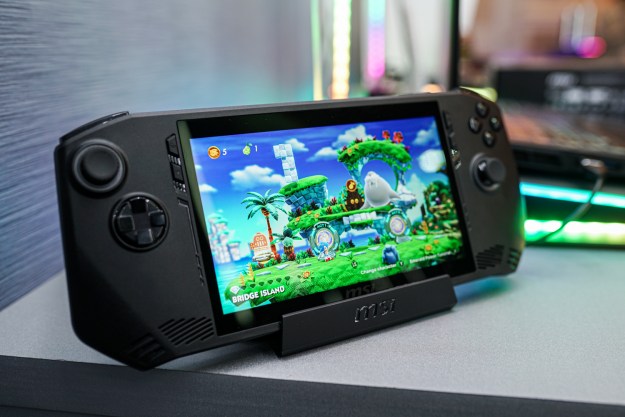![]() Microsoft co-founder Paul Allen is moving some of his investment operations to Silicon Valley, so if you’re part of a tech company in need of some cash, your options are about to increase. According to a Reuters report Monday, billionaire Allen is set to open an office in the tech hub in the coming weeks.
Microsoft co-founder Paul Allen is moving some of his investment operations to Silicon Valley, so if you’re part of a tech company in need of some cash, your options are about to increase. According to a Reuters report Monday, billionaire Allen is set to open an office in the tech hub in the coming weeks.
The new Palo Alto office will conduct its business as Vulcan Capital (the private investment group of Allen’s Vulcan Inc. business) and will concentrate its investment efforts on up-and-coming Internet companies as well as emerging software and technology firms. It’ll also concern itself with middle- and late-stage venture capital investments as well as pre-IPO deals.
Commenting on the business move, Vulcan Capital chief investment officer Paul Ghaffari told Reuters, “We are going to expand our footprint in broad tech investments. We’d like to get more resources, people on the ground there (Silicon Valley).”
It’s not known who will head up the Silicon Valley operation, though an announcement is expected in the coming days.
The likes of AOL, Ticketmaster, and DreamWorks have all received investment from Allen over the years, along with a slew of other companies. More recent tech-related investments include Web-based real estate agent Redfin and shopping adviser Decide.com.
As Reuters says in its report, it’ll be interesting to see what kind of reception Allen’s new Palo Alto operation gets when it opens for business – in 2010, Allen took the decision to sue a long list of Silicon Valley-based tech giants – including Apple and Google – claiming they had infringed patents held by Interval Research, a company he owned but shut down in 2000. The case is said to be moving through the courts “slowly”.
Allen founded Microsoft with Bill Gates in 1975 though departed in the early 1980s after being diagnosed with cancer. Building his fortune through his stake in the computer giant and a string of savvy sport, real estate, and tech investments, Allen also spends much of his time giving a lot of it away to organizations concerned with science, technology, and medical research.
[Image: Pincasso / Shutterstock]


